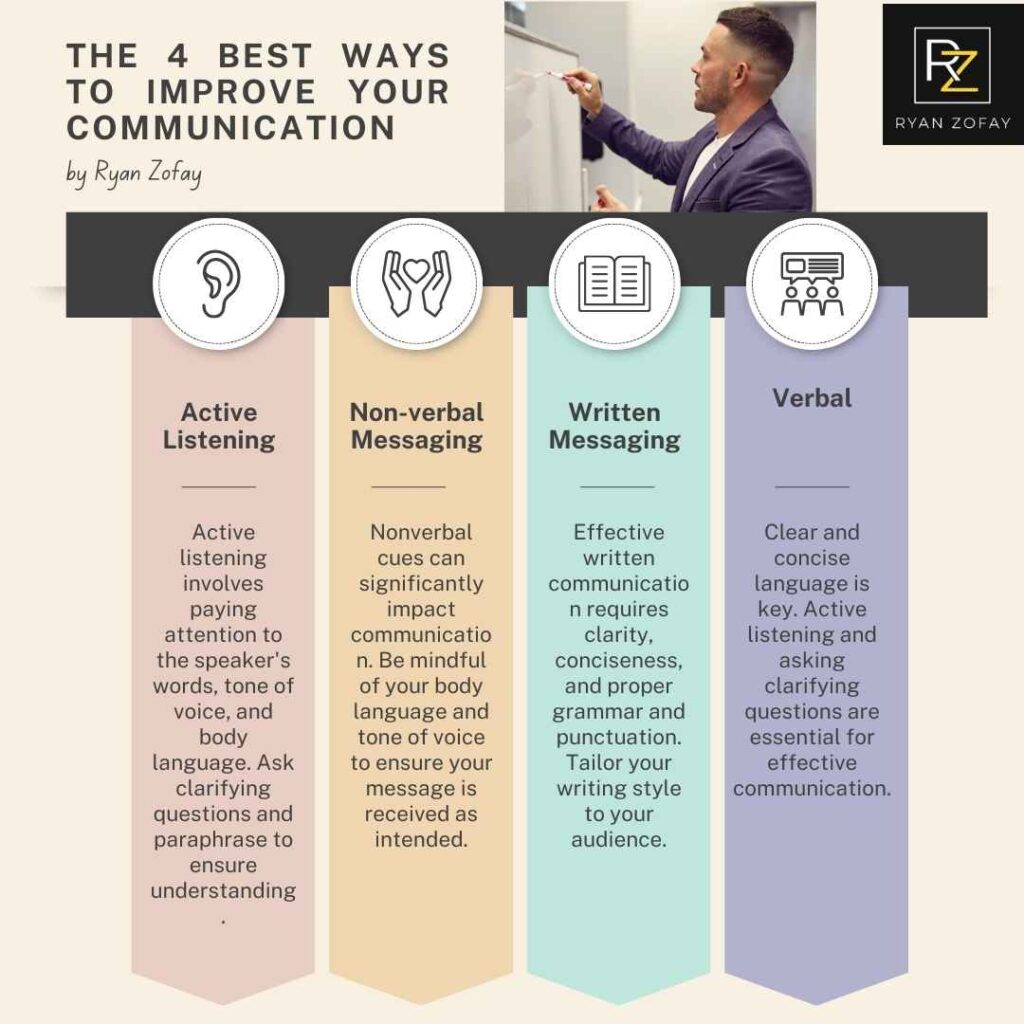Mind Games to Enhance Active Listening and Mindfulness Skills

Understanding the Impact of Mind Games on Communication Skills
Engagement in daily interactions is an essential aspect of life, particularly in a culturally rich country like Nigeria, where diverse dialects, traditions, and social nuances intersect. The skill of active listening combined with mindfulness can significantly transform our conversations, strengthening bonds and facilitating understanding across different backgrounds. By incorporating specific mind games into our routines, we can bolster these essential skills, paving the way for more meaningful connections with family, friends, and colleagues.
Benefits of Mind Games
Mind games go beyond mere entertainment; they provide a myriad of benefits that cultivate essential interpersonal skills:
- Strengthened concentration: Engaging in games that require intense focus, such as chess or Ludo, not only sharpens attention but also cultivates patience and strategic thinking. These games are common in Nigerian households, promoting both competitive spirit and the ability to concentrate in conversations.
- Improved empathy: Activities that require players to see things from different perspectives, such as role-playing games, can foster a deeper understanding of others’ feelings and experiences. For instance, storytelling circles often found in Igbo and Yoruba traditions allow participants to share personal narratives, encouraging empathy and connection among listeners.
- Enhanced memory: Games like “Simon Says” or memory card matching can boost recall ability, which is invaluable for retaining important details shared by others during conversations. This enhancement can lead to richer dialogues and stronger relationships.
Incorporating these mind games into daily life can lead to significant improvements in communication. For instance, traditional local board games or communal storytelling practices encourage active engagement and enhance the listener’s capacity to absorb and respond appropriately.
Mindfulness and Active Listening
Mindfulness encourages an immersive experience in the current moment. It involves listening with intent and responding thoughtfully without distractions. By deliberately practicing mindfulness through interactive mind games, individuals can unlock new depths in their interactions. This process can transform how people engage not only with family but also in community settings across Nigeria.

Exploring various mind games can elevate both personal communication and community interactions. Activities such as “Who Am I?”—where players guess identities based on clues—promote attentive listening and quick thinking, enhancing the overall communicative experience.
As we venture further into understanding these cognitive strategies, you will discover a range of engaging mind games that can refine your skills of active listening and mindfulness. This journey not only benefits individual relationships but also fosters a greater sense of unity and understanding within Nigeria’s richly diverse society.
CHECK OUT: Click here to explore more
Engaging in Mind Games for Mindful Communication
To cultivate effective communication, individuals must develop a combination of active listening and mindfulness, which can be significantly enhanced through mind games. These activities serve as both recreational tools and practical exercises that challenge the brain while fostering a deeper connection with others. In Nigeria, where conversations often interweave cultural narratives and social dynamics, the need for skills that promote understanding is paramount. Utilizing mind games has proven to be one of the most innovative ways to achieve this.
Types of Mind Games to Strengthen Active Listening and Mindfulness
Integrating various mind games into social interactions not only adds an element of fun but also sharpens essential listening and mindfulness skills. Here are a few notable games that have been embraced in Nigerian culture, each contributing uniquely to the development of communication prowess:
- Twenty Questions: In this classic guessing game, players take turns asking yes-or-no questions to deduce a mystery object or idea. This game promotes active listening, as players must carefully track the answers provided while formulating relevant questions. Additionally, it encourages mindfulness by focusing attention on the speaker’s responses.
- Charades: This engaging, non-verbal game requires players to act out a word or phrase without speaking, compelling observers to pay close attention to body language and facial expressions. Charades not only sharpens interpretative skills but also teaches participants to appreciate the nuances of non-verbal communication.
- Story Cubes: Utilizing a set of dice with various images or icons, players create collaborative stories by rolling the dice and incorporating the pictures into their narrative. This game encourages active participation and enhances listening skills, as participants must adapt their ideas based on the contributions of others.
Each of these games provides a unique platform for players to practice their communication skills in a lively setting. Moreover, they foster an environment of collaboration and inclusivity, key components in building strong relationships, especially in a diverse society like Nigeria. Playing these games can lead to an enriched understanding of both linguistic and emotional cues, thereby enhancing empathy and connection.
The Role of Focus in Mind Games
The effectiveness of mind games in boosting active listening and mindfulness is inherently tied to the level of focus required during gameplay. When players immerse themselves in these activities, they practice being present in the moment. This ties in closely with mindfulness, which emphasizes the importance of experiencing the here-and-now with full attention. As people engage with these games, they naturally enhance their ability to absorb information and respond thoughtfully during conversations.
Moving forward, players will discover how these mind games can be effectively incorporated into their daily routines and interactions. The benefits extend beyond entertainment; they lay the groundwork for deeper connections and a profound appreciation of diverse perspectives inherent in Nigerian society.
Exploring Mind Games for Enhanced Listening and Mindfulness
Engaging in mind games provides a unique approach to developing skills essential for effective communication, particularly active listening and mindfulness. These cognitive exercises not only stimulate the brain but also foster a deeper connection to the present moment, allowing individuals to truly absorb their surroundings. One of the compelling aspects of mind games is their ability to transform daily interactions into profound learning experiences.The concept of active listening is often overshadowed by the notion of simply hearing words. In reality, it involves a conscious effort to engage with the speaker, understanding their emotions and thoughts. Various mind games, such as “Two Truths and a Lie” or “Story Cubes,” encourage participants to focus intently on what others are saying, enhancing their retention and comprehension skills.Mindfulness skills can also see significant improvement through practices such as “The Five Senses” game, where players must identify items associated with each sense. This activity sharpens one’s awareness of the environment, promoting a heightened state of mindfulness that directly translates into daily interactions.To facilitate further understanding, we have created a summary table below, highlighting the key advantages of incorporating mind games into your routine:
| Category | Benefits |
|---|---|
| Cognitive Engagement | Enhances focus and critical thinking during conversations. |
| Emotional Connection | Builds empathy and understanding through active participation. |
Through these creative avenues, participants not only learn to communicate effectively but also experience personal growth by nurturing their psychological well-being. Embracing these mind games in your daily life can lead to remarkable transformations, strengthening both personal and professional relationships. As this intriguing topic unfolds, there is much more to discover about how these engaging exercises can enhance our everyday experiences.
SEE ALSO: Click here to read another article
Transforming Conversations through Mind Games
As Nigerian society continues to evolve, the importance of effective communication becomes ever more apparent. Mind games serve not just as entertainment but also as powerful tools for instilling active listening and mindfulness in daily exchanges. By embracing these activities, individuals can transform standard conversations into enriching experiences that cultivate mutual respect and understanding.
Mindfulness through Engagement and Reflection
When engaging in mind games, participants learn the value of engagement and reflection, which are integral to active listening and mindfulness. Games like the classic ‘Telephone,’ where a message is whispered from one player to another, highlight the significance of clarity in communication. Players must actively focus on the message, realizing that misinterpretation can distort the intended meaning, thus harnessing the skills of mindfulness and careful listening.
In Nigeria, where tones and inflections can alter meanings drastically, ‘Telephone’ aids participants in developing acute awareness of not just words but also the context and cultural nuances behind them. This game emphasizes the importance of listening beyond the initial message, encouraging players to consider how cultural references or emotional undertones inform communications.
Building Empathy with Group Dynamics
Group-based mind games, such as ‘Pictionary’, offer opportunities for players to embody the art of empathy within communication. When one party describes an image while others attempt to draw it based solely on their description, they must convey their thoughts concisely and clearly, while listeners integrate their interpretations into a visual representation. This exercise in empathy allows participants to appreciate differing perspectives, creating a deeper understanding of the varied backgrounds that inform how individuals communicate.
Research has shown that cultivating empathy enhances emotional intelligence, which is crucial in a multicultural landscape like Nigeria. As players navigate through ‘Pictionary’, they learn the significance of body language and tone in their peers’ expressions, thereby refining their skills in recognizing emotional cues during subsequent conversations.
Boosting Problem-Solving through Active Collaboration
Mind games also instill problem-solving capabilities, which align closely with active listening and mindfulness. Games like ‘Escape Room Challenges’ foster team dynamics, where players must collaborate to resolve a series of riddles or tasks. This collaborative effort requires focused listening and an appreciation of each team member’s insights, ultimately honing concentration and cooperation.
In Nigerian professional settings, such team-building exercises can enhance productivity and mutual respect among colleagues. As players work towards a common goal, they learn to navigate differing opinions and backgrounds, forging stronger ties that bolster workplace harmony.
Accessible Mind Games for Everyday Use
Integrating mind games into daily life can be simple and enriching. Consider incorporating these activities into family gatherings, community events, or educational settings to promote a culture of mindful communication. Games like ‘Two Truths and a Lie’ not only entertain but also encourage participants to listen attentively as they seek to distinguish between fact and fiction. This game sharpens critical thinking while fostering truthful expression – a vital component in any communication landscape.
By embedding these mind games into typical interactions, Nigerians can cultivate an environment that values active listening and mindfulness. The ripple effects can enhance interpersonal relationships, making conversations more meaningful and impactful.
SEE ALSO: Click here to read another article
Conclusion: The Ripple Effect of Mind Games on Communication
In a world increasingly defined by rapid exchanges and digital dialogue, the role of active listening and mindfulness cannot be overstated. As showcased in this article, integrating mind games into daily interactions fosters not just engaging experiences but also equips individuals with essential skills needed for effective communication. Through activities that promote engagement, empathy, and collaborative problem-solving, participants can dramatically enhance their capacity to listen attentively and respond thoughtfully, a critical competence in Nigeria’s diverse cultural landscape.
By embracing mind games, whether in casual settings like family gatherings or professional environments, individuals can reach a new level of understanding and connection. These games push players to navigate barriers like miscommunication and cultural nuances, thus bridging gaps that can often hinder relationships. The beauty of such activities lies in their ability to not only entertain but also to teach lessons in patience, expression, and perception, emphasizing that effective communication is a two-way street.
As Nigerian society continues to evolve, it becomes imperative to prioritize and cultivate active listening and mindfulness skills. The positive repercussions of these mind games create ripples far beyond the initial interaction, leading to enriched personal relations, healthier workplace dynamics, and a more harmonious society. As we explore these avenues, we may very well find that effective communication, rooted in empathy and mindfulness, transforms not only our conversations but also our communities. The journey begins with a simple game—embrace it, and watch the dialogue flourish.


